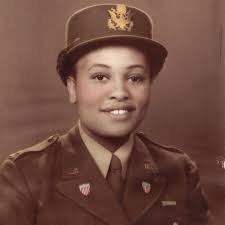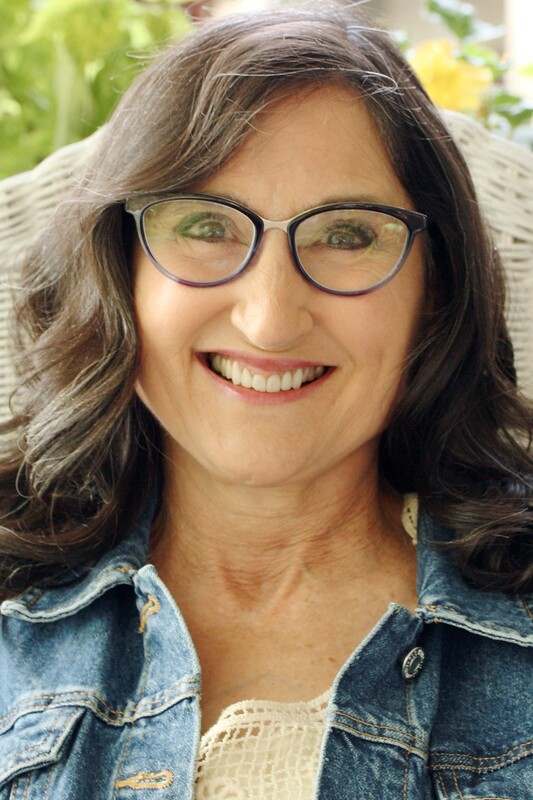 1st Lieutenant Dovey Johnson 1st Lieutenant Dovey Johnson Watching record numbers of women sworn into the U.S. Congress, I couldn't help but think of the bitter congressional debate during World War II about establishing the Women's Auxiliary Army Corps. The controversy was really about where women did or didn't belong. "This war is not teas, dances, card parties and amusements," Congressman Clare Eugene Hoffman of Michigan said. "You take a poll of the honest-to-goodness women at home, the women who have families, the women who sew on the buttons, do the cooking, mend the clothing, do the washing, and you will find there is where they want to stay—in the homes.” Apparently, 150,000 women did not want to stay at home, which is how many volunteered for army service during WWII. One of those was Dovey Johnson of Charlotte, North Carolina, one of the first African American woman commissioned as a WAAC officer. Read more about Dovey in Standing Up Against Hate. (Pre-order here.) The book comes out January 8th. Dovey worked as an assistant to Dr. Mary McLeod Bethune, who was the only African American in President Franklin D. Roosevelt's cabinet. When Congress approved the WAAC, Dr. Bethune demanded that black women, not only be allowed to enlist, but to be trained as officers right along beside white women. At first, Dr. Bethune's logic fell on deaf ears, but she convinced Eleanor Roosevelt that black women deserved equal opportunity, and the First Lady convinced her husband. Dr. Bethune had long been a family friend, but when Dovey went to work for her, she had no idea the plan was for her to join the army! Here's an excerpt of an interview with Dovey Johnson Roundtree seven decades later. She talks about rumors the women of the WAAC were meant to be "companions" for the soldiers. This interview was conducted by the National Visionary Leader Project in 2009. You can see the full interview here.
Teachers: Check out this lesson plan you can use with students to look at gender roles in America in the 1940s and how the idea of women serving in the military threatened prevailing attitudes about the duties of women. Comments are closed.
|
I'm fascinated to discover little-known history, stories of people and events that provide a new perspective on why and how things happened, new voices that haven't been heard, insight into how the past brought us here today, and how it might guide us to a better future.
I also post here about my books and feature other authors and their books on compelling and important historical topics. Occasionally, I share what makes me happy, pictures of my garden, recipes I've made, events I've attended, people I've met. I'm always happy to hear from readers in the blog comments, by email or social media. Archives
September 2023
Categories
All
|
